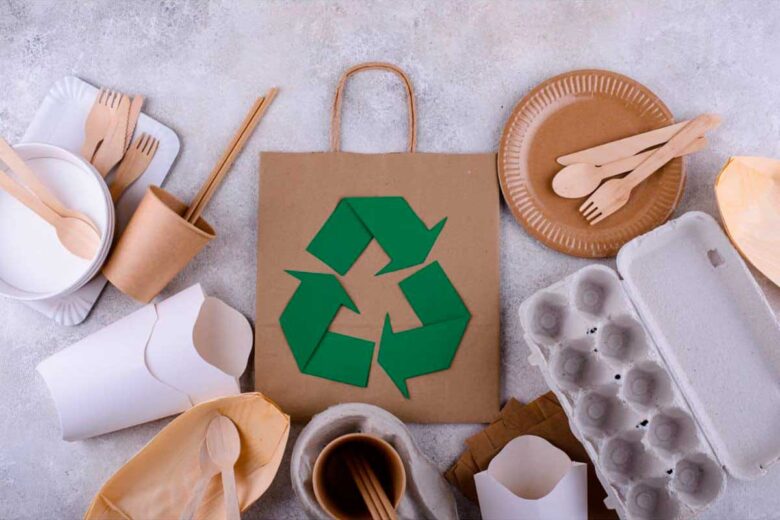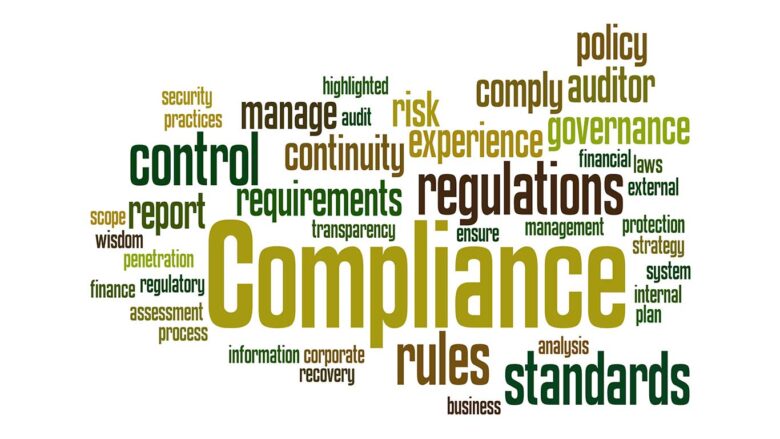In today’s world, sustainability is no longer just a buzzword; it’s a crucial consideration for businesses across all industries. The hotel, restaurant, and catering (HoReCa) sector is no exception.
As the demand for eco-friendly practices continues to rise, incorporating sustainable supplies into your business not only aligns with environmental values but also offers several tangible benefits. Let’s delve into how eco-friendly HoReCa supplies can positively impact your business.
1. Environmental Impact Reduction
Conserving Resources

- Opt for reusable and durable materials such as bamboo, stainless steel, and glassware.
- Reduce single-use plastics by offering alternatives like biodegradable or compostable options for packaging and utensils.
- Choose eco-friendly cleaning products to minimize water pollution and chemical exposure.
2. Cost Savings
Energy Efficiency
- Invest in energy-efficient appliances and lighting to reduce electricity consumption.
- Implement water-saving devices and practices to decrease water usage and utility bills.
- Utilize renewable energy sources such as solar panels to lower long-term energy costs.
3. Enhanced Brand Image
Customer Perception
- Cater to the growing market of environmentally-conscious consumers by showcasing your commitment to sustainability.
- Differentiate your business from competitors by highlighting eco-friendly practices in marketing materials and online platforms.
- Build trust and loyalty among guests who prioritize sustainability, leading to positive reviews and referrals.
4. Regulatory Compliance and Risk Mitigation

Meeting Standards
- Stay updated with environmental regulations and industry standards to ensure compliance.
- Reduce the risk of fines and penalties associated with non-compliance by adhering to eco-friendly practices.
- Mitigate potential reputational damage by proactively addressing environmental concerns and demonstrating a commitment to sustainability.
5. Employee Morale and Productivity
Workplace Satisfaction
- Engage employees in sustainability initiatives to foster a sense of purpose and pride in their work.
- Provide training and resources on eco-friendly practices to empower staff members to contribute to environmental efforts.
- Boost morale and retention rates by aligning company values with employees’ personal values regarding sustainability.
6. Long-term Viability and Resilience
Future-proofing
- Anticipate and adapt to evolving consumer preferences and regulatory requirements by prioritizing sustainability.
- Invest in sustainable practices and products that offer long-term benefits and resilience in the face of environmental challenges.
- Position your business as a leader in the transition towards a more sustainable HoReCa industry, ensuring its continued success and relevance.
7. Enhanced Customer Experience
Comfort and Quality

Source: rmshg.com
- Offer organic and locally sourced food options that not only reduce environmental impact but also improve the quality and taste of meals, enhancing customer satisfaction.
- Design eco-friendly interiors using sustainable materials that provide a unique and comfortable atmosphere, attracting more visitors and increasing customer retention.
- Use natural lighting solutions and eco-friendly air conditioning to improve indoor air quality and comfort, making the dining or staying experience more pleasant for guests.
8. Innovation and Market Leadership
Driving Change
- Develop and implement innovative eco-friendly solutions that set industry standards, such as zero-waste systems or water recycling processes.
- Engage in partnerships with other green businesses, from suppliers to tech companies, to enhance your sustainability efforts and lead by example in the industry.
- Use your position as an eco-conscious market leader to influence other businesses and consumers, fostering a broader movement towards sustainability in the hospitality sector.
9. Attracting Eco-Conscious Investments
Funding Opportunities
- Attract investors who are specifically interested in funding sustainable projects and enterprises, opening up new avenues for business expansion and innovation.
- Benefit from government grants, subsidies, and tax incentives aimed at supporting environmentally-friendly business practices.
- Gain access to a network of green investors and business consultants who can provide valuable insights and resources to further enhance your sustainability strategies.
10. Improved Waste Management
Efficiency and Reduction

Source: biocycle.net
- Implement comprehensive recycling and composting programs that reduce waste to landfill, decrease disposal costs, and turn waste into a resource, such as compost for local gardens.
- Adopt state-of-the-art waste tracking technologies to more accurately measure and manage waste production, leading to more effective reduction strategies.
- Partner with waste management services that offer eco-friendly disposal options, ensuring that all aspects of your business’s waste footprint are minimized.
11. Community Engagement and Social Responsibility
Building Connections
- Initiate and participate in community-based environmental projects, such as local clean-ups or educational programs, to strengthen community ties and enhance corporate social responsibility.
- Offer workshops and seminars in your establishments to educate the community and staff on the importance of sustainability practices, creating a ripple effect of environmental awareness.
- Support local economies by sourcing from nearby producers and artisans, which not only lowers your carbon footprint but also benefits the community economically.
12. Technological Integration and Efficiency
Smart Solutions

Source: linkedin.com
- Implement smart technologies such as IoT (Internet of Things) sensors and AI-driven systems to optimize energy use in heating, ventilation, air conditioning, and lighting, significantly reducing energy costs and environmental impact.
- Utilize digital tools for inventory management that predict demand more accurately, minimizing food waste and optimizing supply chain operations.
- Offer customers digital interfaces for services such as online ordering or room customization, which not only enhances user experience but also streamlines operations and reduces the need for physical materials.
- Invest in software that provides real-time data on resource consumption, allowing for immediate adjustments and long-term sustainability planning.
In conclusion, the adoption of eco-friendly HoReCa supplies is not merely a trend but a fundamental shift towards a more responsible and resilient business model. By prioritizing sustainability, businesses in the hospitality sector can navigate the challenges of a rapidly changing world while also contributing to positive environmental and social outcomes. Embracing eco-friendly practices is not just about meeting current expectations; it’s about future-proofing your business for generations to come.
Furthermore, as consumers increasingly prioritize sustainability in their purchasing decisions, businesses that fail to adapt may risk losing relevance and competitiveness in the market. Therefore, investing in eco-friendly HoReCa supplies isn’t just an option; it’s a strategic imperative for businesses aiming for long-term success. By embracing sustainability, HoReCa establishments can not only reduce their environmental footprint but also drive innovation, foster employee engagement, and build stronger connections with customers who share their values. Together, we can create a more sustainable future for the hospitality industry, one eco-friendly choice at a time.




